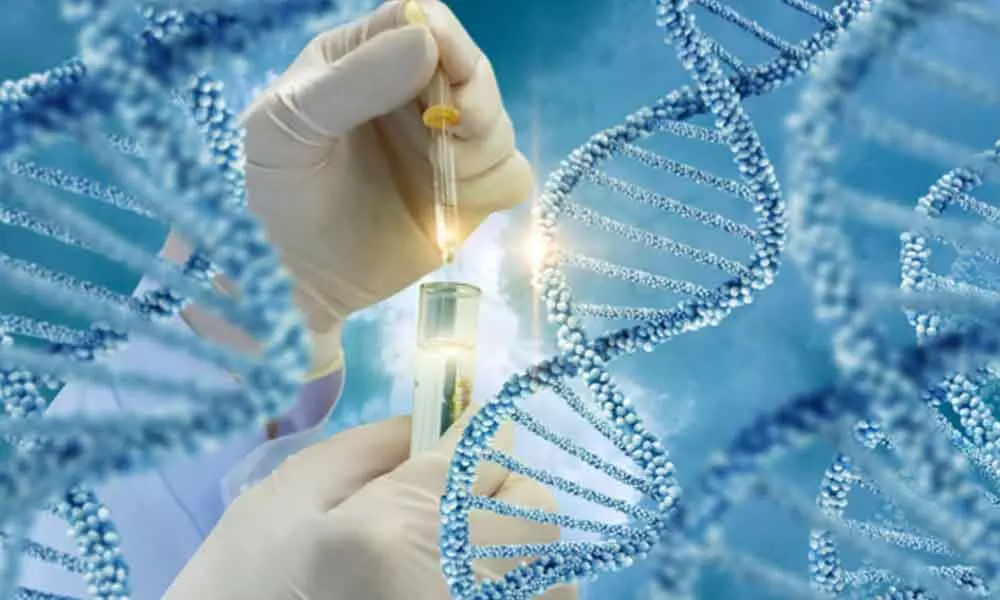Importance of Gene Testing in Hereditary Cancers

Importance of Gene Testing in Hereditary Cancers
According to the World Health Organization (WHO) and the American Cancer Society, cancer accounts for about 1 in 6 deaths worldwide more than HIV/AIDS, tuberculosis and malaria combined.
According to the World Health Organization (WHO) and the American Cancer Society, cancer accounts for about 1 in 6 deaths worldwide more than HIV/AIDS, tuberculosis and malaria combined. The report states that by 2040, the global burden is expected to reach 27.5 million new cancer cases and 16.2 million cancer deaths. A WHO estimate in 2018 projected that 1 in 10 Indians will develop cancer during their lifetime and 1 in 15 will die of the disease.
About 5-10% of all cancers are hereditary and occur due to inheritance of a genetic variation/mutation within families, especially in close family members. Examples of such hereditary cancer syndromes, also called familial cancer syndromes, are hereditary breast and ovarian cancer syndrome, Li-Fraumeni syndrome, Cowden syndrome and Lynch syndrome.
Dr Vedam Ramprasad, CEO, MedGenome, "Unlike localized (somatic) genetic variations that are acquired over the course of one's life, inherited or familial variations are transmitted from one generation to another and can thus predict the increased lifetime risk of developing cancer. The presence of such variations can also indicate early onset of the disease. Hence, identifying individuals with inherited genetic variations offers tremendous health benefits to both patients and their at-risk family members."
There are about 100 genes that are associated with hereditary cancer development and information about mutations in these genes can be used to tailor prevention, surveillance and treatment of cancer. Genetic testing to detect such inherited variations helps an Oncologist in making a well-informed treatment decision. Apart from predicting risk for developing cancer, genetic testing helps in understanding the course of disease, also known as Prognosis.








